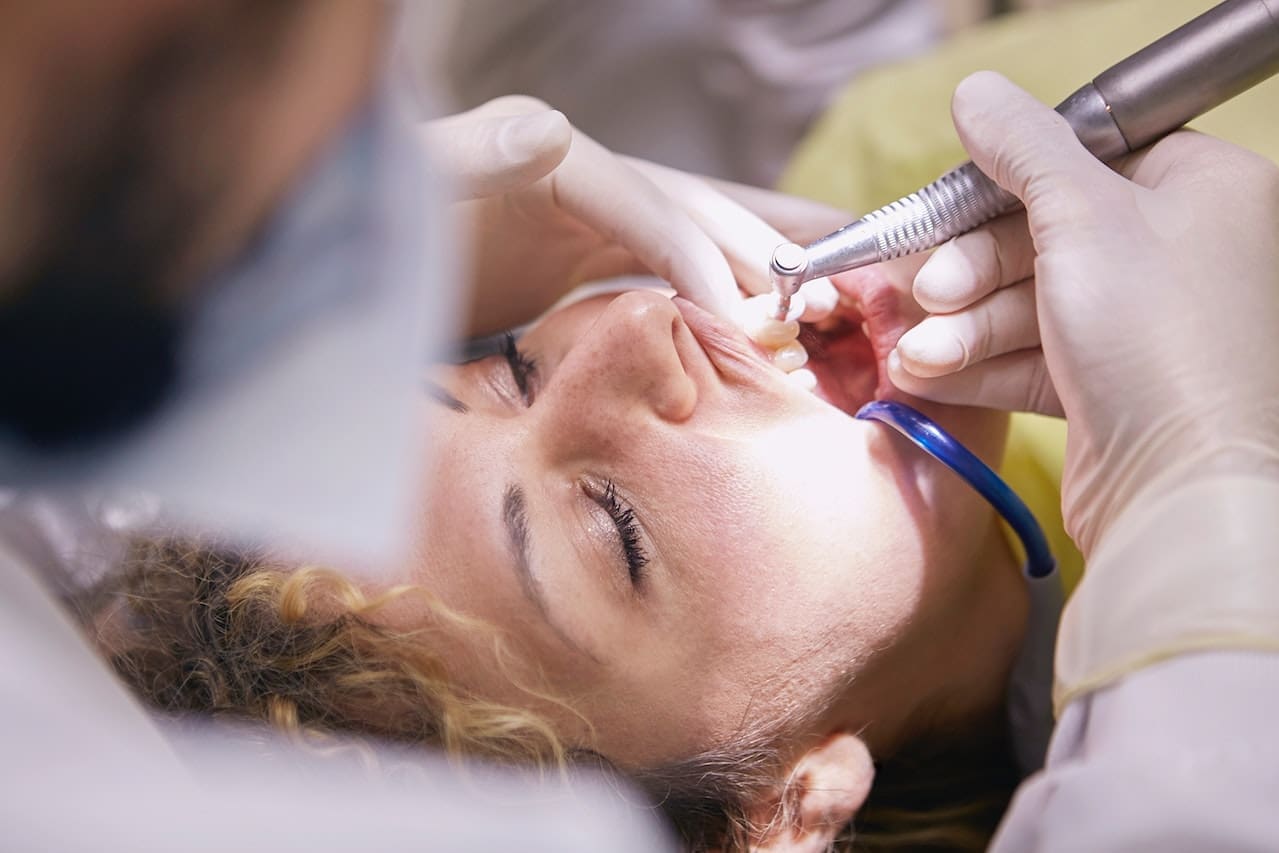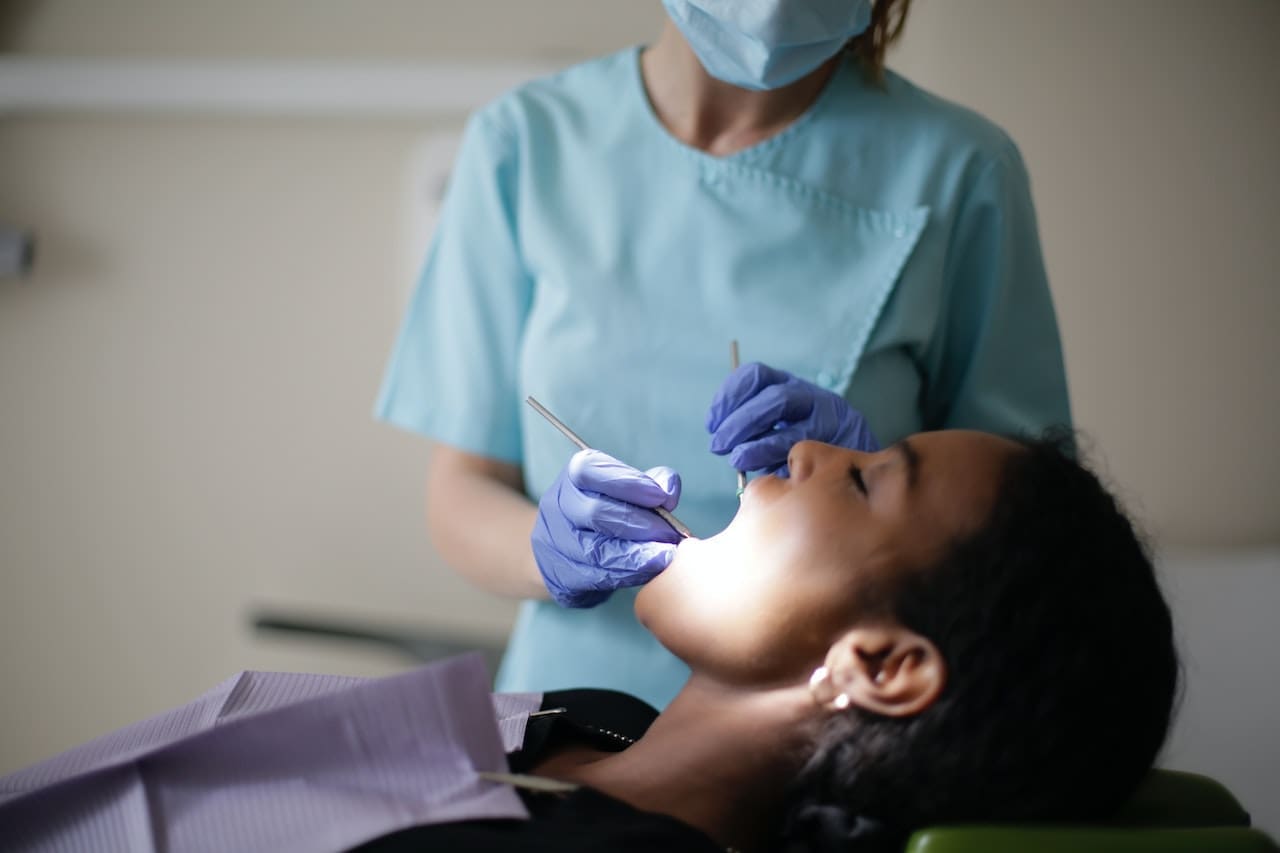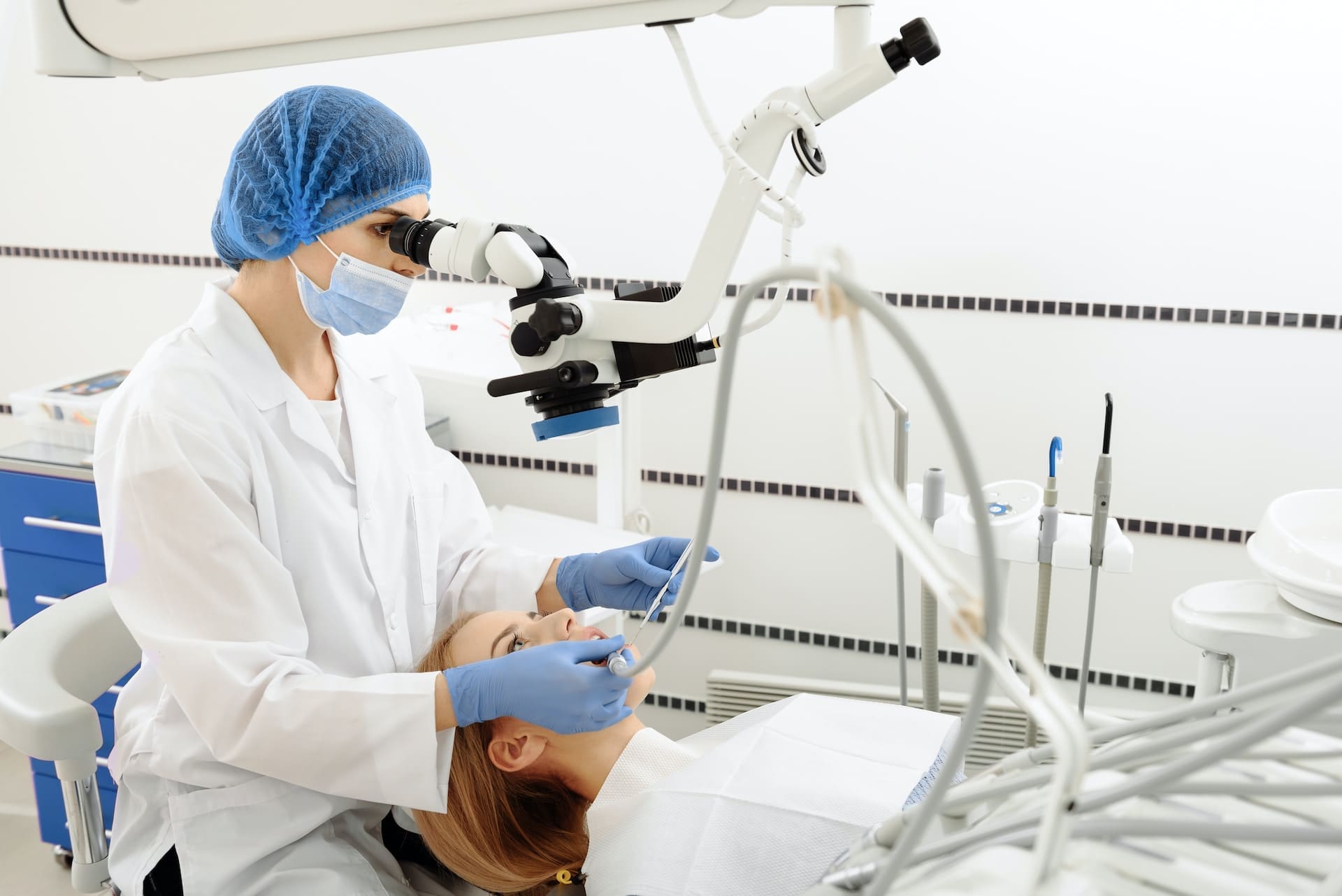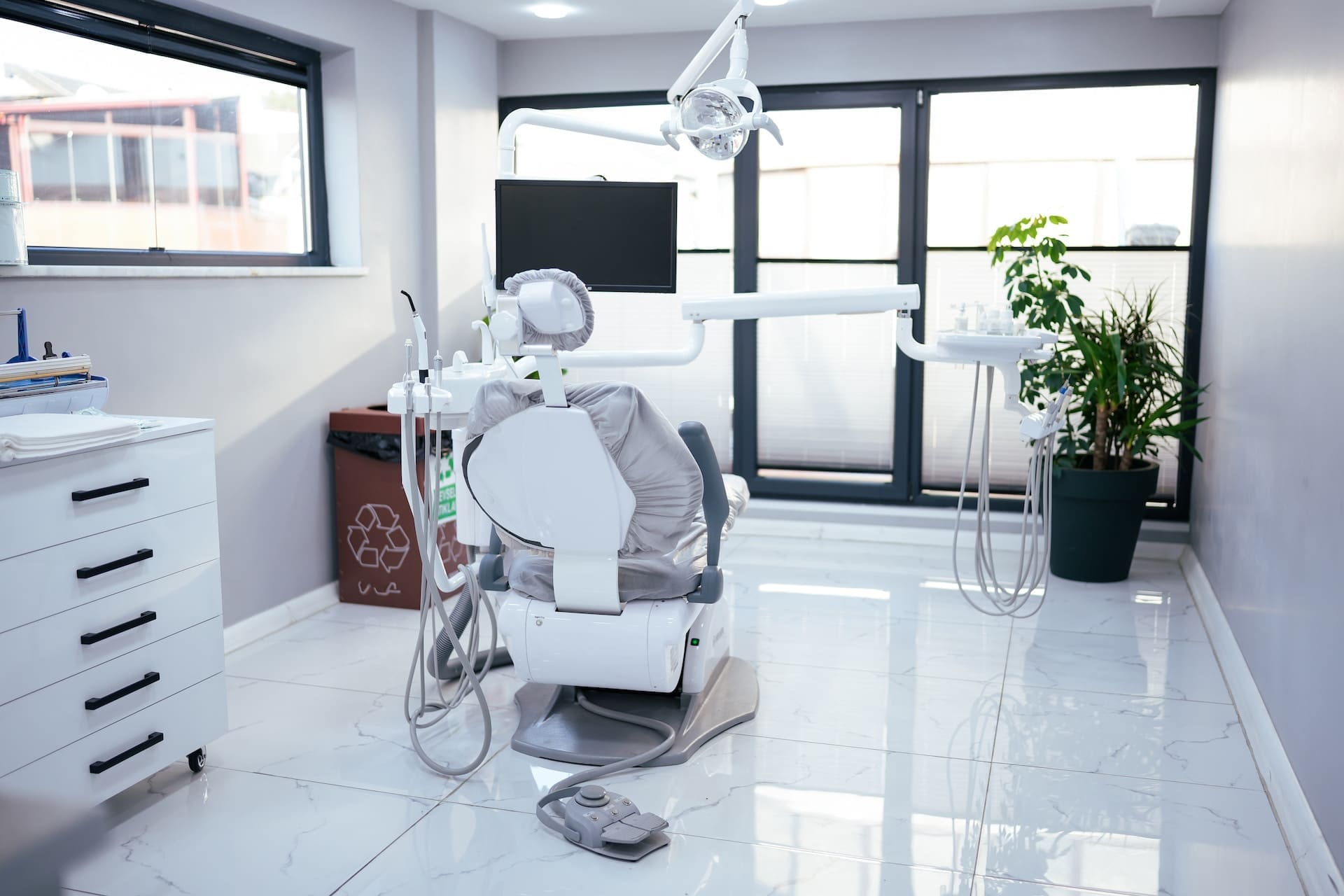Improving Your Oral Health with ZOOM! Teeth Whitening: A Step-by-Step Guide
A bright, radiant smile can significantly improve your confidence and self-esteem. However, daily lifestyle habits, dietary choices, and aging can all contribute to teeth discoloration, leaving you with a duller, less attractive smile. Fortunately, at Weymouth Dental Arts, we offer ZOOM! Teeth Whitening—a fast and highly effective solution to restore your teeth’s natural whiteness and rejuvenate your overall appearance.
ZOOM! Teeth Whitening is a professional in-office treatment that utilizes innovative technology and powerful whitening agents to safely and efficiently remove stains and discoloration from your teeth. This procedure delivers remarkable results in as little as one appointment, making it an ideal choice for busy individuals seeking an instant smile transformation.
Our experienced dental professionals are committed to providing exceptional care that caters to your unique needs and goals, using state-of-the-art technology and personalized treatment plans that deliver optimal results. In this step-by-step guide, we will explore the benefits of ZOOM! Teeth Whitening, walk you through the procedure, and offer valuable tips to maintain your newly brightened smile for the long term.
The Benefits of ZOOM! Teeth Whitening
ZOOM! Teeth Whitening offers an array of advantages that make it a popular choice for patients seeking a brighter smile:
- Fast and Effective Results: Compared to home whitening kits and other professional treatments, ZOOM! Teeth Whitening offers noticeably quicker results, with many patients achieving their desired shade of brightness in just one appointment.
- Long-lasting Whitening: With proper maintenance and dental care, the results of a ZOOM! Teeth Whitening treatment can last several years, ensuring a radiant smile.
- Customizable Treatment: The ZOOM! Teeth Whitening process can be tailored to suit your individual needs and preferences, allowing you to achieve the ideal brightness level for your unique smile.
- Safe and Professional Supervision: When conducted under the watchful eye of a skilled dental professional, ZOOM! Teeth Whitening is a safe and low-risk procedure, minimizing the potential for tooth sensitivity or damage to your enamel.
Preparing for Your ZOOM! Teeth Whitening Appointment
To ensure the best outcome from your ZOOM! Teeth Whitening treatment, follow these steps leading up to your appointment:
- Dental Cleaning and Evaluation: Schedule a dental cleaning and evaluation before your whitening treatment to remove any plaque or tartar buildup and address any underlying oral health issues that could impact your results.
- Teeth Sensitivity Management: If you have a history of sensitive teeth, consult your dentist about recommended sensitivity-reducing toothpaste or treatments to prepare your teeth for whitening.
- Avoid Stain-Causing Habits: In the days leading up to your appointment, try to limit your consumption of stain-causing foods and beverages, such as coffee, tea, and red wine. Additionally, avoid smoking or using tobacco products, which can further discolor your teeth.
The ZOOM! Teeth Whitening Procedure
The ZOOM! Teeth Whitening process consists of a series of steps performed under your dentist’s supervision:
- Initial Assessment and Shade Selection: Your dentist will evaluate your current tooth shade and help you choose the ideal brightness level for your desired results.
- Preparing Your Teeth: To begin the procedure, your dentist will apply a protective gel to your gums, followed by a retracting device to keep your lips and cheeks away from the whitening gel.
- Whitening Gel Application: The ZOOM! Teeth Whitening gel containing hydrogen peroxide will be applied to your teeth. This strong whitening agent will break down discoloration and stains throughout the treatment.
- Activation with Light Source: Your dentist will use the ZOOM! LED light source to activate the whitening gel, enhancing its effectiveness and allowing it to penetrate the enamel more deeply.
- Completing the Procedure: The gel and light activation process will be repeated in three 15-minute increments. Once completed, your dentist will remove the protective materials, rinse your mouth, and reveal your newly brightened smile.
Maintaining Your Bright Smile
To ensure that your ZOOM! Teeth Whitening results last, adopt these post-treatment maintenance tips:
- Maintain Dental Hygiene: Brush twice daily with fluoride toothpaste, floss daily, and attend routine professional dental cleanings to keep your teeth and gums healthy.
- Limit Stain-Causing Foods and Beverages: Minimize your consumption of foods and drinks that can stain your teeth, such as dark-colored berries, coffee, tea, and red wine.
- Avoid Tobacco Products: Refrain from smoking or using any tobacco products, which can cause new stains and negatively impact oral health.
- Consider Touch-up Treatments: Depending on your lifestyle habits and the natural discoloration of your teeth over time, you may wish to discuss touch-up whitening treatments with your dentist to maintain your optimal shade.
Conclusion
ZOOM! Teeth Whitening is a revolutionary dental treatment designed to restore the natural brilliance of your smile quickly and effectively. As an integral component of a comprehensive dental care plan, a ZOOM! Teeth Whitening treatment can dramatically improve your self-confidence and enhance your overall appearance.
The experienced team at Weymouth Dental Arts is dedicated to providing exceptional dental care using cutting-edge technology and personalized treatment strategies. By following the steps outlined in this guide and trusting our skilled dental professionals, you can achieve and maintain your most radiant smile with the help of ZOOM! Teeth Whitening in Weymouth.










